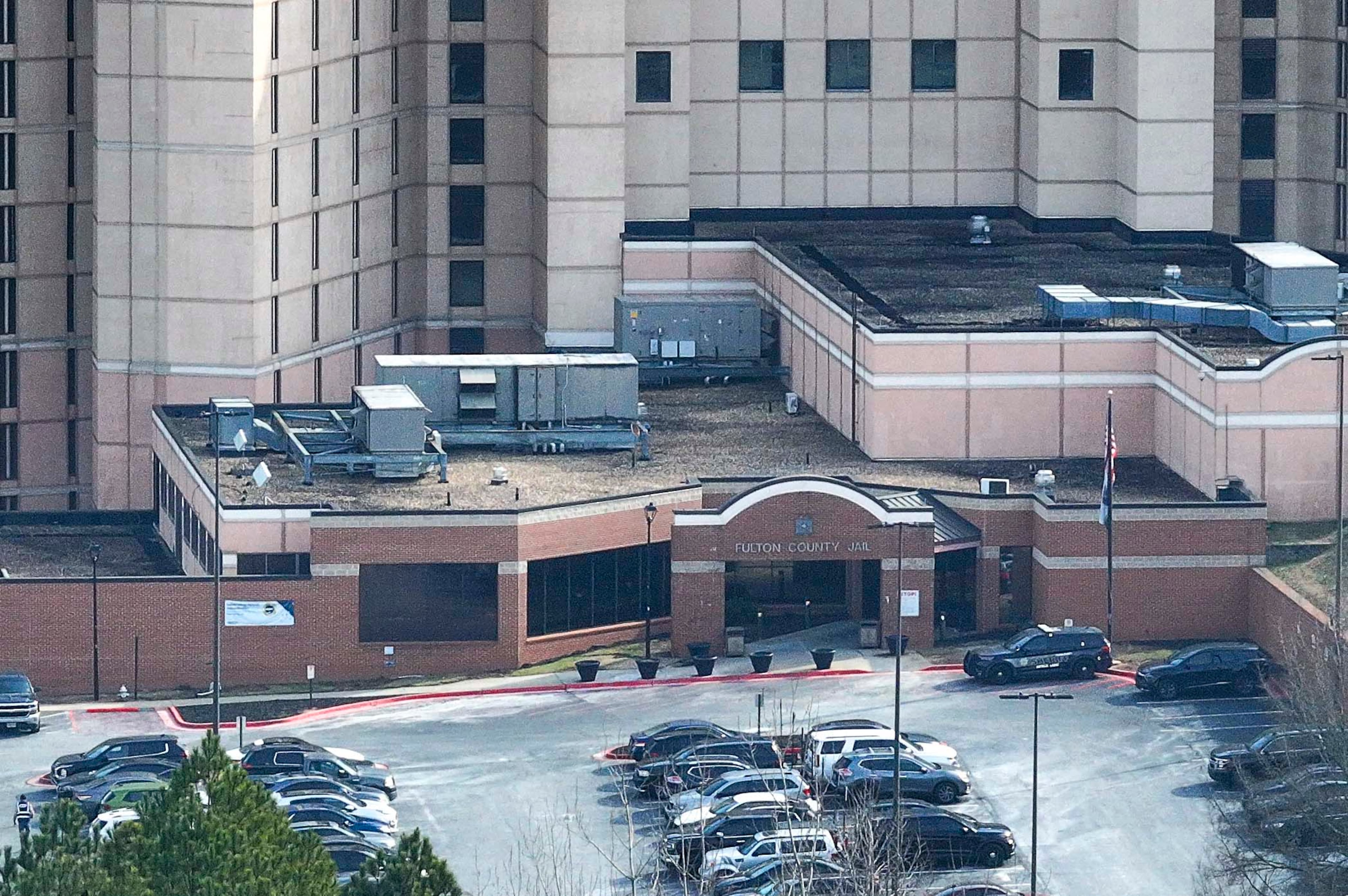Making Georgia’s prisons safer for workers, inmates and communities

The reports and books on prison reform could fill a small library, so it seems odd to offer to the Georgia Department of Corrections, the Georgia Legislature and the governor suggestions on how to improve conditions within our state’s prisons. Surely, they’ve heard it all before, including from us, time and time again. Advocates have been calling for reforms for years. For decades.
But nothing is getting better — or not much is. Safe and secure prisons are necessary for a safe and secure Georgia. Safe and secure prisons cost less and do less harm to society. And safe inmates who have received adequate health care, appropriate mental health services, rehabilitative services and job training are more likely to reenter society successfully. That’s a goal every Georgian should support.
The Georgia Budget and Policy Institute noted that while Georgia’s prison population has remained relatively unchanged in the past two decades, its corrections budget has increased by about 70 percent. Georgia simply can’t afford not to make its prisons safer.
The first issue that the state must tackle is adequate staffing in all prisons. Prison understaffing leads to poor care of inmates, increased violence and higher costs. Training new prison workers is expensive and time-consuming, and relying on overtime from existing staff burdens workers and leads to burnout.
The violence is undeniable — and increasing. Georgia prisons are on track for a record number of homicides. The first six months of this year have been deadlier than the same time frame last year. Two prison workers were killed in recent years. Another was stabbed. Inmate suicides are increasing.
And, as we pointed out this week and earlier this year and last year and before that, the violence spills over into Georgia’s streets. Drugs run from inside prisons are sold in Georgia communities. Financial frauds are perpetrated from inside prison walls.
Some of this could be stopped if staffing levels weren’t criminally low.
Obviously, pay must be increased. The median salary for correctional officers in Georgia is among the lowest in the nation. Gov. Brian Kemp wisely included raises for correctional officers in recent budgets — $3,000 in 2025. But it’s still not enough for the hard and dangerous work required by corrections officers. Even after the recent pay increases, almost half of budgeted corrections officer positions remain vacant.
Pay should — at a minimum — match our neighboring states. And prison workers should get other incentives: a reduced workweek, student loan forgiveness or tuition reimbursement, training opportunities and mental health care.
Higher pay and better working conditions would reduce turnover and increase the worker pool. Many prisons are situated in small communities with equally small labor pools. Higher pay might also reduce the corruption plaguing Department of Corrections facilities. As The Atlanta Journal-Constitution reported last year, more than 360 Georgia prison workers have been arrested on charges related to smuggling cellphones, drugs and other contraband to inmates.
A second issue the state must address is crowding and overincarceration. Georgia has wisely embraced criminal justice reform in recent years, including sentencing and probation reforms. These are important steps, but the Legislature shouldn’t stop there. One in 13 Georgians is under correctional supervision (including local jails, civil commitment and probation and parole services). Nationally, it’s 1 in 33. The average sentence for the 47,000 people in Georgia prisons is 25 years.
One way to reduce the number of Georgians in prison is to expand diversion programs. Many counties in Georgia already offer pretrial diversion programs. Diversion programs across the country target specific crimes, usually nonviolent drug crimes, or specific populations, such as juveniles or veterans. Diversion programs can entail community service, therapy and substance-use counseling. Some include job training. People who successfully complete diversion programs leave the system without a criminal record, avoid spending time in prison, have fewer obstacles to employment and are less likely to reoffend, reducing future prosecution and incarceration costs for the state.
Another change that could have a major effect: decarceration. Consider that more than 1,300 people were imprisoned in Georgia in 2023 alone for marijuana charges, with about two-thirds serving sentences of nine years or longer. Governors in several states have pardoned people convicted on charges of simple marijuana possession or possession of drug paraphernalia. Though recreational marijuana is not legal in Georgia, the governor would do well to recognize that imprisonment for possessing marijuana is a cost the state doesn’t have to bear.
We credit Kemp with finally taking prison reform seriously. He requested a review of the Department of Corrections, due next year, to study the system’s efficiency and efficacy. He rightly sees prison reform as a legitimate part of public safety.
The Georgia Legislature this summer named a committee to look at corrections, including appropriations, to prisons are safe for inmates, guards and the public.
We hope these are signs that our elected officials are taking the deplorable conditions in our state correctional institutions seriously. We do — for the health and safety of inmates, prison workers and all Georgians.
— The AJC Editorial Board
More Stories
The Latest

